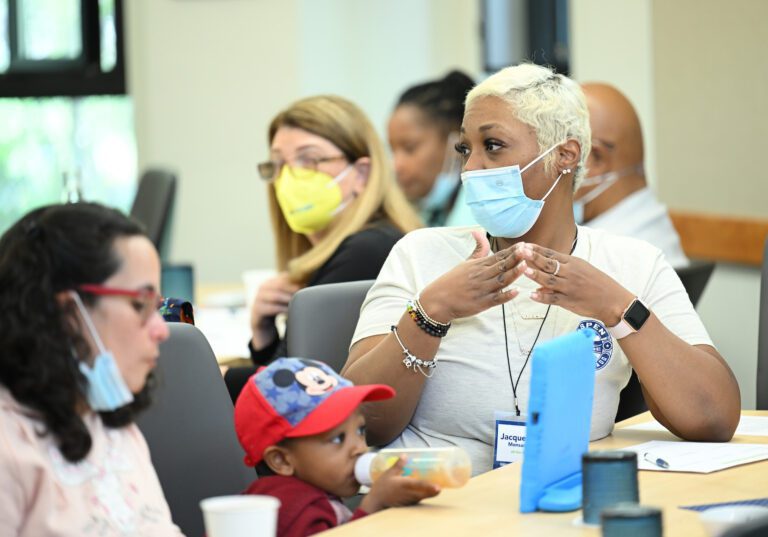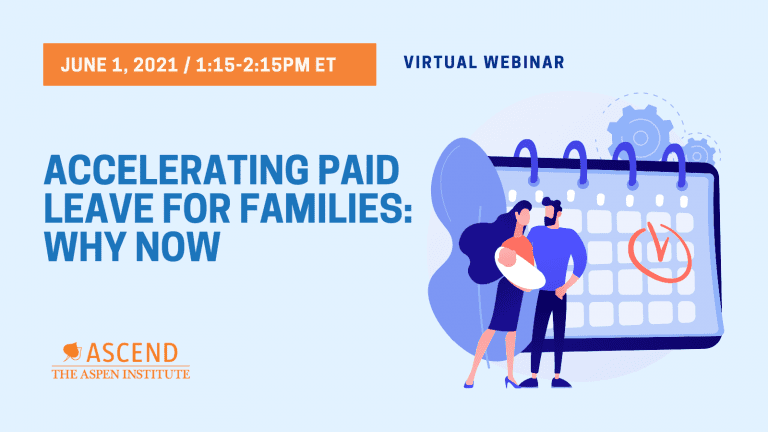My Turn: Family prosperity
My Turn: Family prosperity
This op-ed was originally published in the Greenfield Recorder, February 26, 2021. The original post can be found here.
Black History Month is a time for celebration and an intentional moment to pay tribute to generations of Black Americans who have contributed to our society. It is also a time to look inward, asking if the work that we are doing today helps to further advance Black communities, or if it instead stifles. Is what we are doing enough to break through rigid obstacles and nurture an environment that truly gives space for families and individuals to meet their full promise and live their values; and in turn, have communities thrive?
In just the last year, the conditions brought upon by the pandemic have pushed many to take a deeper assessment of their efforts. They’ve had to examine infrastructures, many deeply rooted in racism and sexism, that have perpetuated generations of poverty for millions of Massachusetts families. The impacts of the COVID-19 pandemic have exposed the fragility of our state and country, and how easily systems can entrap families into poverty.
UTEC, Inc. in Lowell and Baystate Medical Center in Springfield may not look like organizations with a lot in common, but we have both in recent years been embracing our role as nonprofits and employers to close gaps — educational, economic, and health-wise — for families of color.
At Baystate Medical Center, that means making big and small changes to be an equitable employer. Prior to COVID-19, we were challenged with finding skilled workers, maintaining job retention, and establishing career development as a sustainable means to solve talent scarcity with our locally available workforce. We prided ourselves as the “Workplace of Choice;” and yet, in the midst of a pandemic, we quickly learned that certain policies and practices were not serving the needs of working parents, including parents of color, which make up a significant portion of our workforce, especially those in direct patient care roles.
We partnered with the Economic Development Council of Western Mass (EDC), and launched the Anchor Institution Collaborative (AIC), whose mission is to ensure that Springfield’s economy creates fair opportunity for low-income communities through deliberate action and meaningful collaboration: for example, the EDC/Springfield WORKS community-wide initiative developed tools to support anchor strategy “outside-in” local hiring goals to identify and address roadblocks to career pathways for more low-income families from targeted neighborhoods, thus building a resilient, inclusive regional economy
Together, we are improving health and well-being in Springfield by committing to train, hire, and invest in people from neighborhoods with low incomes, many of which directly surround our hospital system. Our ambitions are big: we want to address racial and gender bias, improve education opportunities, and address transportation and child care challenges, which Black and Latinx families told us they need and want.
And at UTEC, just 90 miles east of Springfield, we are doubling down on our commitment to supporting, training, and lifting up the voices of young men who have been incarcerated. Massachusetts’ criminal justice system, like so many across the country, disproportionately impacts Black and Latino men. We also know that the educational and economic success of parents impacts their children, just as the well-being of children impacts parents.
We’re taking this two-generation research and applying it to criminal justice-involved dads, both behind and beyond the prison walls. Through our Training Center for Excellence, we are launching an empowerment model, informed by fathers we work with, that prepares and trains justice-involved young fathers to be active leaders in our policymaking work; we have organized candidate forums from city council level to those focused on gubernatorial and congressional races; and, we are laser-focused on shaping state policies, like changes that allow for increased funding for programming in specialized units for young adults in correctional facilities to further expand key services that can directly result in reduced recidivism and better whole family outcomes. Through this work, we aim to bust silos and create a single entry point for fathers across agencies, and ensure that fathers’ voices are represented in strategies to improve their lives, and those of their kids.
“I hope people who make policies will take a closer look at how strong parents are, and how we can be important for our communities, just like our kids are,” Jose Pizzini, a Black father and UTEC ambassador, told a group of leaders at a convening of the Aspen Family Prosperity Innovation Community, of which we are both partners. Now is our chance, when we’re reimagining and rebuilding the polices, practices, systems and structures that frame society, to advance equity in our state.
Dr. Frank Robinson is vice president of Baystate Medical Center and Nichelle Sadler is director of the UTEC Training Center for Excellence.
Related Posts














